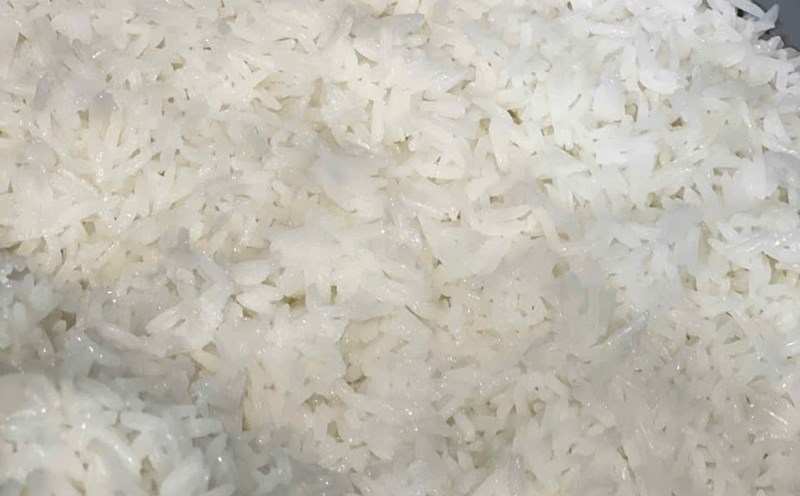According to a report by the American Diabetes Association (ADA), pure black coffee contains almost no calories, fat or carbohydrates - three main factors that increase blood sugar after eating.
A cup of black coffee (about 240ml) only provides 1-2 kcal, no sugar, so it almost does not increase blood glucose after drinking, if not mixed with condensed milk, sugar or syrup to create sweetness.
Compounds in coffee, especially polyphenols and chlorogenic acid, can help improve insulin sensitivity and support blood sugar control in healthy people or those at risk of type 2 diabetes.
Black coffee is also rich in antioxidants such as cafestol, kahweol, and small amounts of magnesium and potassium - minerals that help regulate insulin activity.
Caffeine has the ability to affect glucose metabolism by inhibiting an enzyme associated with oxidative stress, thereby helping to improve chronic mild inflammation, a factor closely related to type 2 diabetes.
However, this is only true for pure coffee, without added sugar, condensed milk or cream.
Pre-mixed coffee contains a lot of sugar or sweet toppings (such as latte coffee, sweet cappuccino, mocha...) which can suddenly increase blood sugar, especially dangerous for people with metabolic problems.
Experts recommend that people who are monitoring blood sugar can drink 1-2 cups of black coffee per day, preferably drinking it after breakfast for about 30-60 minutes, avoid drinking it on an empty stomach or combining it with cakes.
People with stomach problems, high blood pressure or caffeine sensitivity should limit their consumption and switch to using decaf coffee if necessary.
Coffe can be part of a healthy diet, but the way it is brewed and consumed are the factors that determine whether it is positive or negative for blood sugar, emphasizes Dr. Marilyn Cornelis, a nutritionist at Northwestern University.











